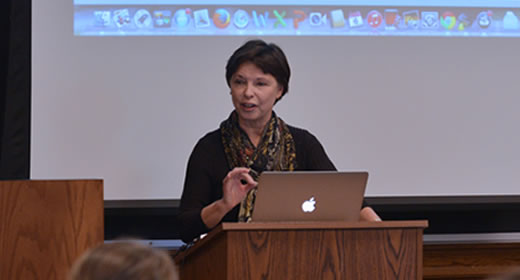
On March 26, 2019, Professor Susan Waltz testified for a subcommittee hearing for the U.S. House of Representatives Committee on Foreign Affairs, discussing the potential foreign policy and human rights ramifications of the recent small arms transfer proposals.
The proposal, which would remove particular weapons from the U.S. Munitions List, could have a ripple effect, with Waltz concerned about potentially “unraveling an interlocking set of laws and policies intended to prevent exported U.S. weapons from falling into unintended hands.” Throughout her testimony, Waltz referenced human rights violations made by the kinds of weapons being discussed. Risk of atrocities like those in Cameroon, the Philippines, and Mexico, Waltz intimated, could be reduced or better monitored with more tracking up-front. Chairman Ami Bera questioned Waltz on whether or not such weapons were from the U.S., with Waltz responding that it’s almost impossible to tell, going on to say that this “is the reason why doing all of the due diligence up front...is so important.”
Waltz also clarified what she deems a “false dichotomy” between fully-automatic and semi- or non-automatic weapons. “In many perilous human rights situations,” Waltz stated, “the weapons slated for transfer to the Commerce Control List are every bit as threatening as fully-automatic weapons. The bright line proposed by the Administration makes a distinction without true difference.”
Waltz closed her testimony by stating that she is “not opposed in principle to export control reform, but these particular regulatory changes are irresponsible.” The best option, in her opinion, “would be to retain the current range of firearms on the U.S. Munitions List, by supporting HR 1134.”
Watch the full subcommittee hearing here.
Susan Waltz is a Professor of Public Policy at the Gerald R. Ford School of Public Policy. Her testimony draws on years of experience in promoting the U.N. Arms Trade Treaty. She also chaired a working group on small arms transfers for Amnesty International, where she served as chair of the international governing board.